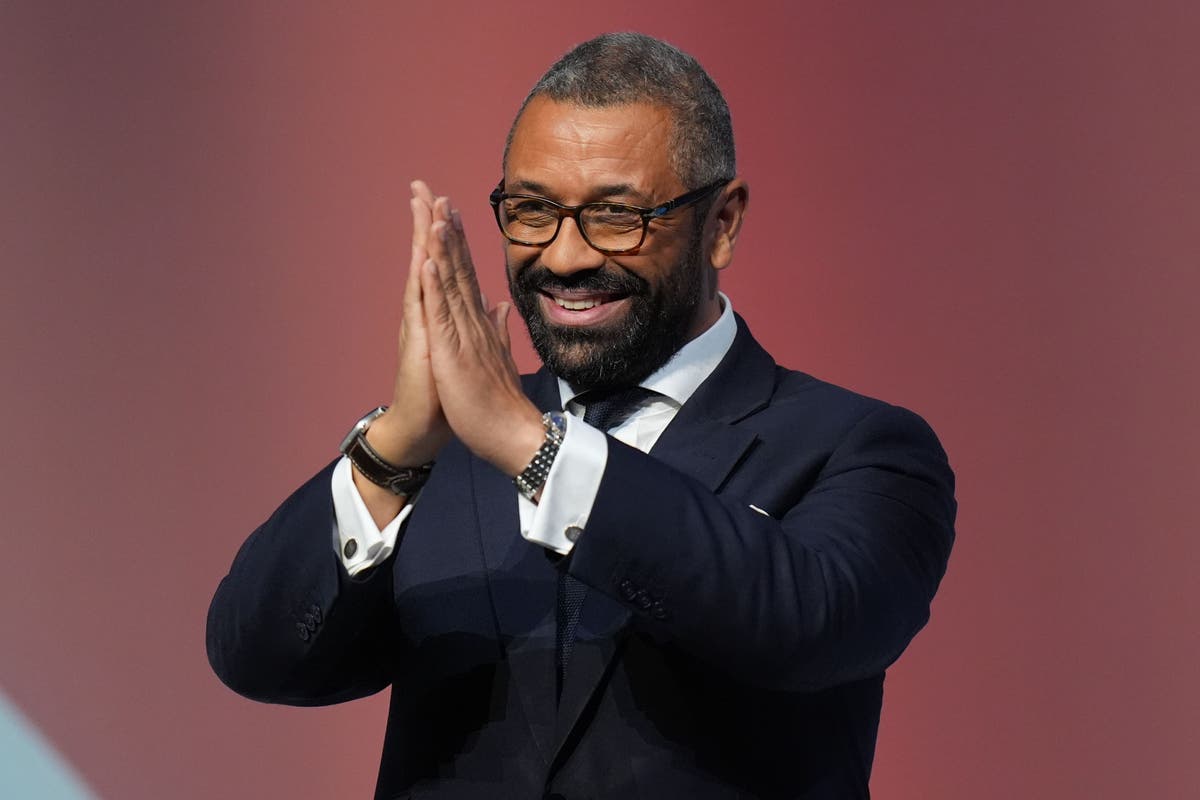Sue Gray Quits: A Shift in Labour’s Leadership Dynamics
In a surprising turn of events, Sue Gray, the former civil servant and chief of staff to Labour leader Sir Keir Starmer, has resigned from her position after less than three months in office. This unexpected departure has sent ripples through the political landscape, prompting discussions about the stability and unity of the Labour Party as it prepares for upcoming challenges.
The Context of Sue Gray’s Resignation
Sue Gray’s resignation comes amidst a backdrop of internal strife within the Labour Party. Known for her role in the investigation of partygate during Boris Johnson’s premiership, Gray was brought in by Starmer to help navigate the complexities of government policy and to drive Labour’s agenda forward. However, her tenure was marred by reports of infighting and disagreements among party members, leading Gray to conclude that her presence was becoming a "distraction" from the government’s vital work of change.
In her resignation statement, Gray expressed her concerns about the internal dynamics of the party, indicating that the turmoil was hindering Labour’s ability to present a united front. Her departure raises questions about the leadership’s effectiveness and the challenges Starmer faces in maintaining cohesion within his cabinet.
The Reaction from Government Officials
In the wake of Gray’s resignation, Defence Secretary Grant Shapps commented on the situation, stating that the Labour cabinet is the "most unified" he has ever served in. This assertion, however, seems to contrast sharply with the reality of Gray’s exit and the reported discord within the party. Shapps’ remarks may reflect an attempt to downplay the significance of Gray’s departure, but they also highlight the contrasting narratives emerging from both sides of the political spectrum.
The Impact on Labour’s Leadership
Starmer’s leadership is now under increased scrutiny as he prepares to face Prime Minister Rishi Sunak in the House of Commons. The upcoming Prime Minister’s Questions (PMQs) will be a critical moment for Starmer, as he must address not only the fallout from Gray’s resignation but also the broader issues of party unity and direction. The Labour leader’s ability to respond effectively to these challenges will be crucial in maintaining confidence among party members and supporters.
The appointment of Morgan McSweeney as Gray’s successor adds another layer of complexity to the situation. McSweeney, who has a reputation for being a controversial figure within the party, is expected to bring a different approach to the role. Comparisons have already been drawn between McSweeney and Dominic Cummings, the former chief adviser to Boris Johnson, suggesting that his leadership style may provoke further divisions within Labour.
The Broader Political Landscape
As Labour grapples with its internal challenges, the Conservative Party is experiencing its own leadership contest. James Cleverly has emerged as a frontrunner in the race to succeed Rishi Sunak, following a strong performance in recent ballots. The dynamics of the Conservative leadership race, coupled with Labour’s internal strife, create a volatile political environment as both parties prepare for the next general election.
The Conservatives have managed to narrow Labour’s lead in the polls to just one point, raising alarms for Starmer’s party, which had previously enjoyed a significant advantage following its recent electoral victories. This shift in momentum underscores the importance of party unity and effective leadership in the lead-up to the election.
Conclusion
Sue Gray’s resignation marks a pivotal moment for the Labour Party as it navigates the complexities of leadership and internal cohesion. With the appointment of Morgan McSweeney and the upcoming PMQs, Starmer faces a critical juncture in his leadership. The contrasting narratives from both Labour and the Conservatives highlight the ongoing power struggles within British politics, setting the stage for a contentious electoral battle ahead. As the political landscape continues to evolve, the ability of party leaders to maintain unity and effectively communicate their vision will be paramount in shaping the future of their respective parties.
